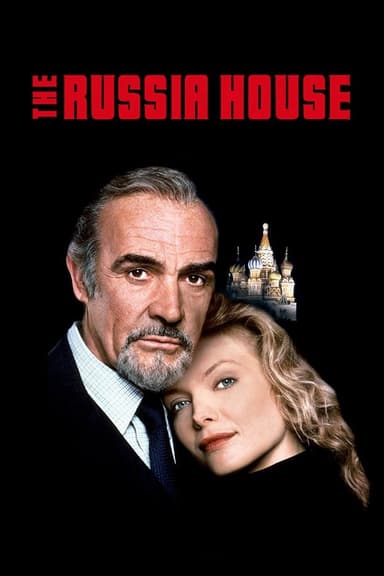
Funeral in Berlin
1966 • Thriller
Colonel Stok, a Soviet intelligence officer responsible for security at the Berlin Wall, appears to want to defect but the evidence is contradictory. Stok wants the British to handle his defection and asks for one of their agents, Harry Palmer, to smuggle him out of East Germany.
Runtime: 1h 42m
Why you should read the novel
Len Deighton's 'Funeral in Berlin' is a masterwork of Cold War suspense and intelligent wit. It invites readers into the clandestine world of British espionage with a level of detail and nuance seldom matched on screen. The novel’s protagonist is an unnamed, sardonic intelligence agent, offering a trenchant lens into both action and bureaucracy.
Deighton's narrative style is immersive, letting readers experience the world of international spying through everyday observations and sharply drawn dialogue. The plotting relies on subtle clues and morally ambiguous motives, which reward the attentive reader. Unlike the movie, the book allows more space to delve into the protagonist’s internal conflicts and philosophies, giving the story a psychological depth.
The story unfolds with all the complexity and moral ambiguity typical of the best spy fiction. If you're looking for a rich, intellectually engaging experience that goes beyond cinematic thrills, Deighton’s novel offers intricacies and character depth movies often cannot provide.
Adaptation differences
The film ‘Funeral in Berlin’ retains much of the plot framework from Len Deighton’s novel, but makes several significant changes in characterization and narrative style. Most notably, Michael Caine’s portrayal of ‘Harry Palmer’ adds a distinct personality—wry, confident, and visually memorable—whereas in the book, the protagonist remains nameless, more understated, and ambiguous, creating a sense of anonymity that is lost in the film.
Plot elements and pacing have also been altered for cinematic effect. The movie condenses and simplifies several subplots and supporting characters, favoring a more streamlined and visual storytelling approach. Some of the book’s intricate plotting, such as the deeper machinations within security agencies and Soviet intrigue, is set aside in favor of action and concise suspense sequences.
Atmosphere differs as well. Deighton’s writing immerses the reader in a detailed, often mundane world of espionage, focusing on the psychological burdens and bureaucratic frustrations of spy work. The film’s visual style, while stylish, tends to emphasize the exoticism of Berlin and the glamour of Cold War intrigue over the procedural grit found in the novel.
Finally, the book’s tone is more ironic and introspective, layering bleak humor and skepticism about the spy craft itself. The adaptation, while hinting at cynicism, ultimately prioritizes entertainment value and clarity for viewers, often glossing over the subtle ambiguities and dark humor that make the novel such a satisfying read.
Funeral in Berlin inspired from
Funeral in Berlin
by Len Deighton











